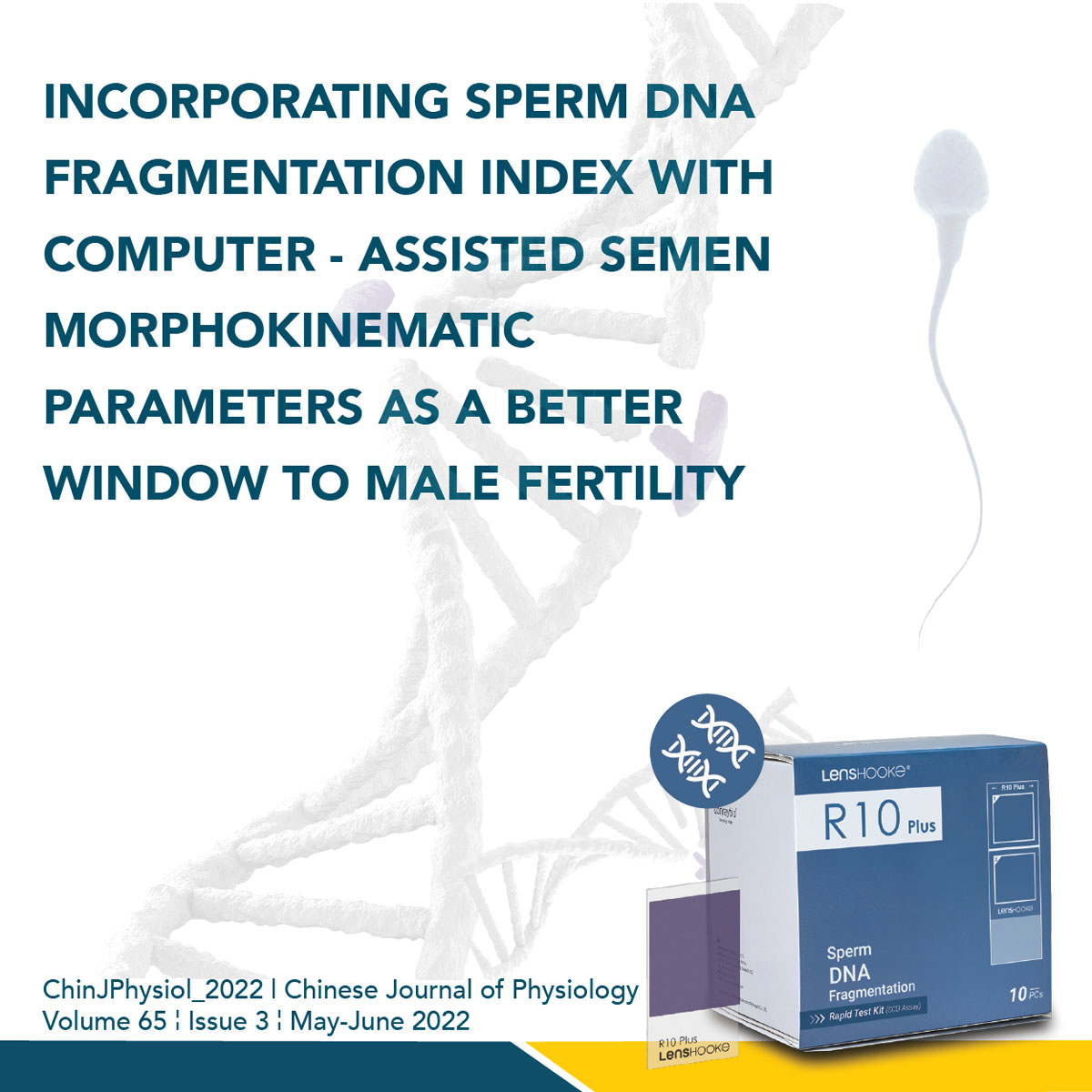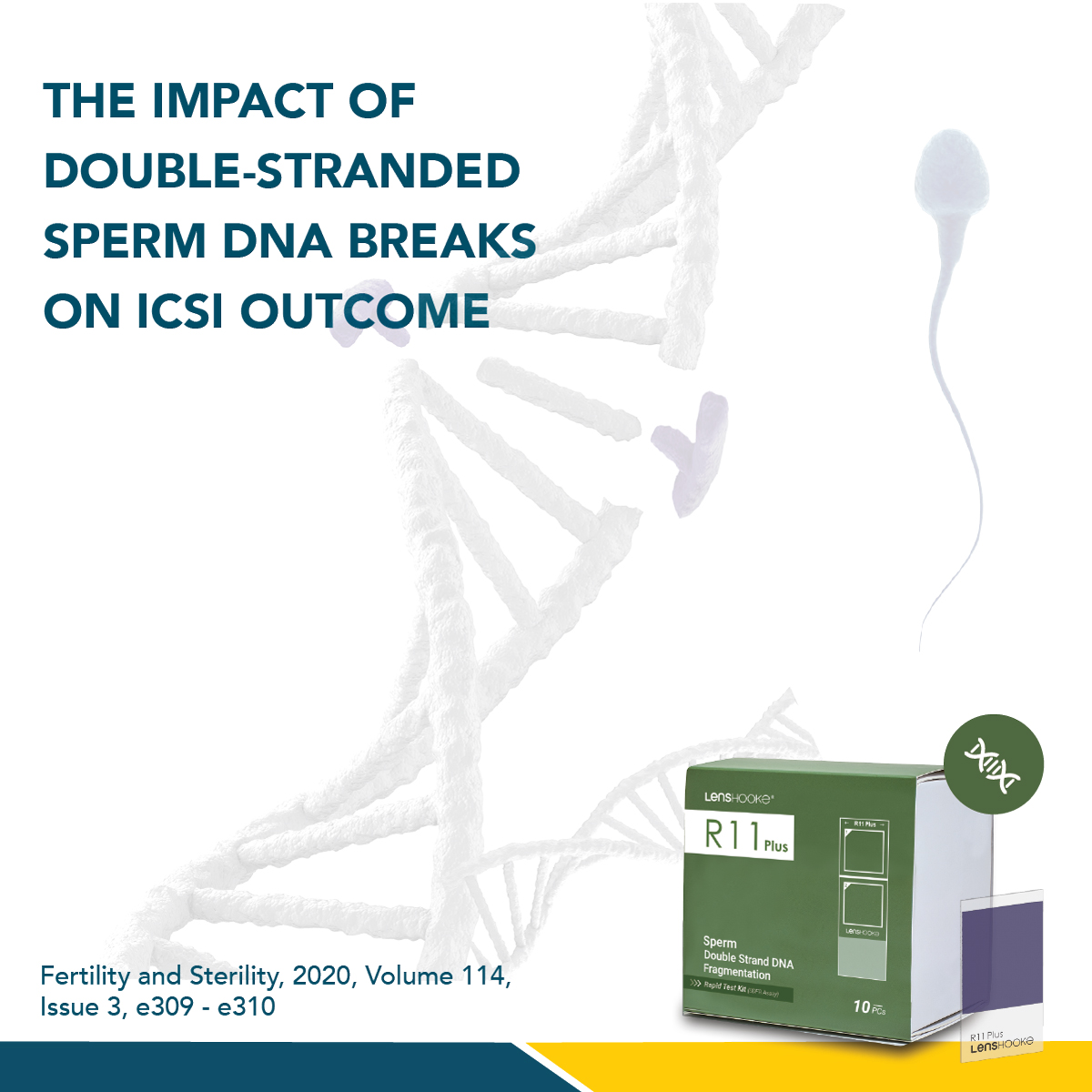Background and aim:
“IT’S ONLY THE LAST FEW HUNDRED YEARS THAT WE HAVE MOVED INTO CITIES.”
Using data from 3,585 people collected across four cities in Europe, scientists from the Barcelona Institute for Global Health (also called IS Global) report a strong relationship between growing up away from the natural world and mental health in adulthood. Overall, they found a strong correlation between low exposure to nature during childhood and higher levels of nervousness and feelings of depression in adulthood.
WHY IS EXPOSURE TO NATURE SO GOOD FOR KIDS (AND ADULTS)?
Though this study doesn’t show a causative relationship between nature exposure and adult mental health exist, first author Wilma Zijlema, Ph.D., explains two ways of interpreting the results in the context of other research in the field.

For one thing, many studies have noted nature’s ability to reduce rumination, a risk factor for mental illness. Spending time in nature has been linked with increased self-esteem, quality of life, and physical activity as well as lower body mass index. In this sense, nature itself is beneficial.
These findings fold into the “biophilia hypothesis” — the idea that humans intrinsically seek out connections with nature, including exposure to green spaces. An offshoot of this idea is that nature promotes certain developmental changes in the brain, particularly in children, that may not happen when we’re removed from it.
Read more: Inverse





